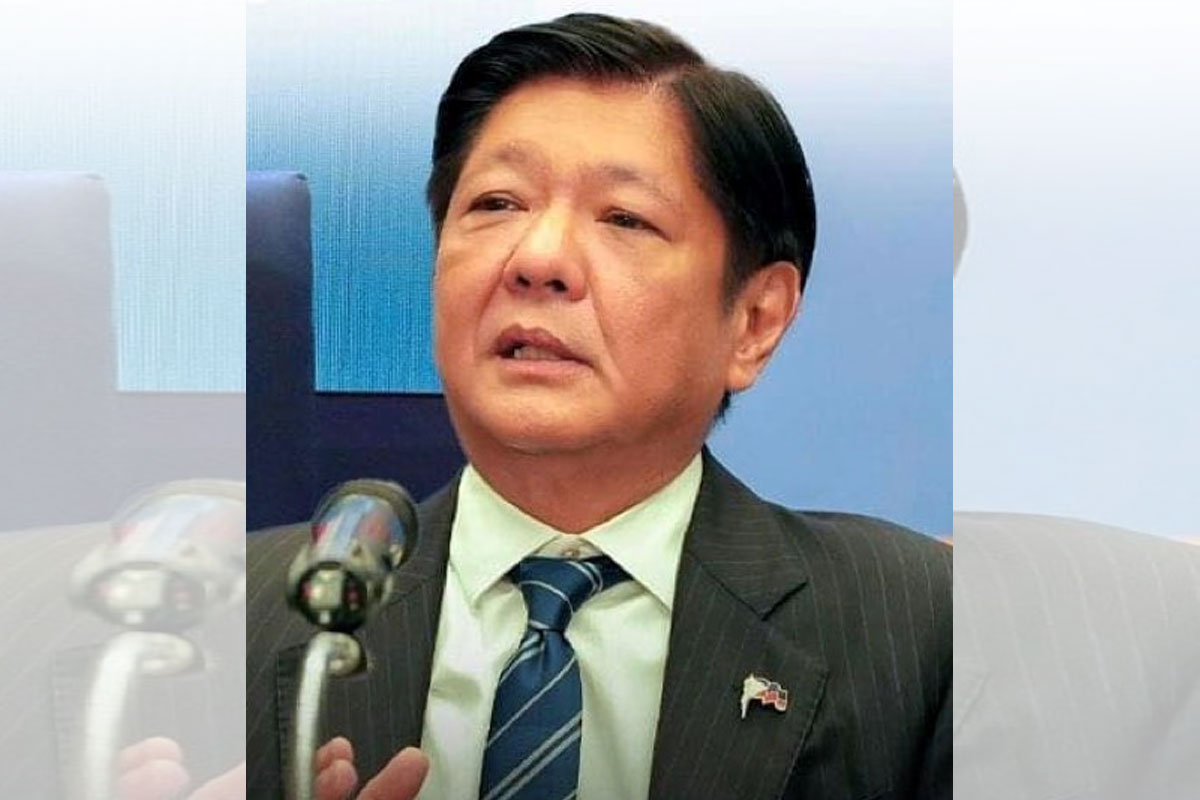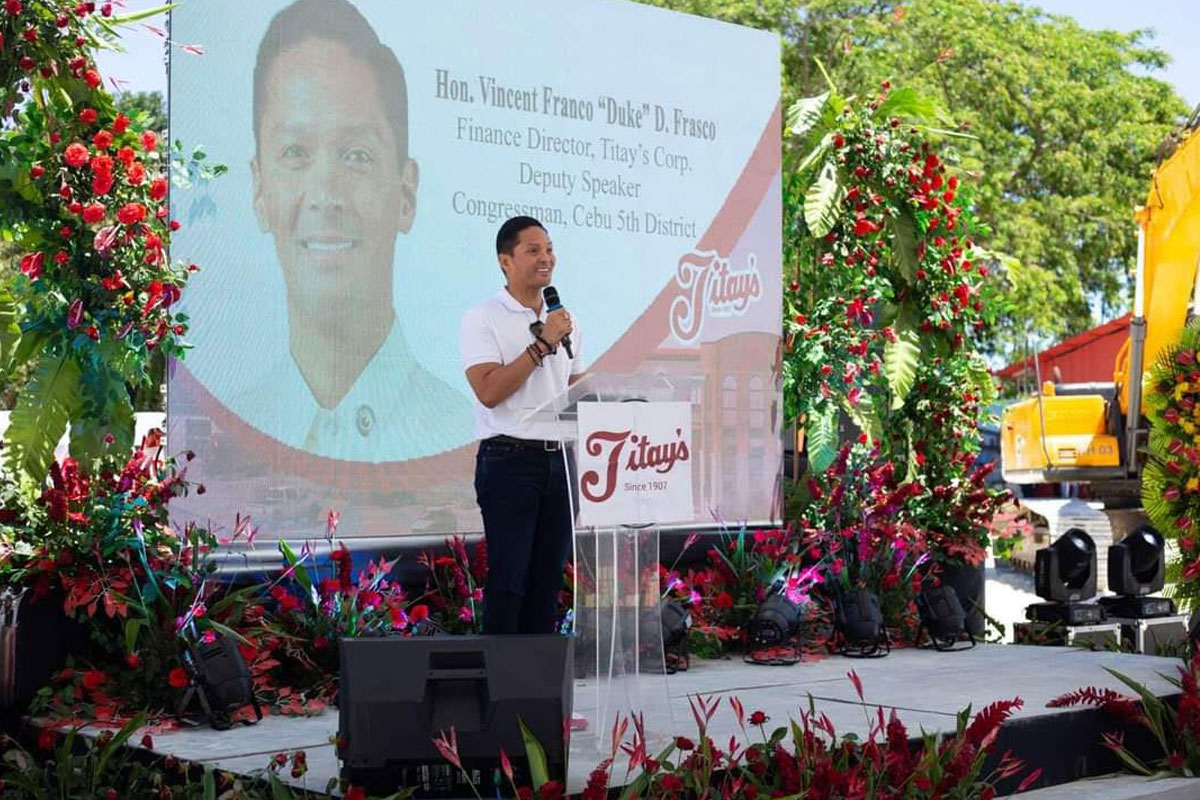
Farmer Coopetition Act pushed
BATAAN 1st District Rep. Geraldine Roman has filed a bill seeking to require cooperation among competing farmer associations and cooperatives, or “coopetition,” through place-based clustering and establishes a multipurpose, fully equipped hub per cluster.
Roman, a Lakas-Christian Muslim Democrats (CMD) stalwart and chairperson of the House committee on women and gender equality said House Bill (HB) No. 230 or the “Farmer Coopetition Act, aims to encourage farmer associations to engage in “cooperative competition” to help them achieve scale and capture more of the value-added from their produce.
The so-called “coopetition” hubs provide a venue for produce sourcing by major buyers like the government and the retailers, cutting out the middleman.
The hubs open up the possibility of direct marketing for rice and related products to retailers and consumers; manufacturing of rice products by farmers; and shared rice processing and storage facilities.
“We are an agricultural country with a population of over 100 million of which about 10 million – or 24% of the total national employment – are rice farmers. Sadly, over 34% of our rice farmers are poor. They struggle to make less than P200 a day,” Roman said.
Low income prevents our rice farmers from supporting their families, accessing and paying farm loans, and growing rice production. It has dampened interest in farming, forcing rice farmers and their children to seek other employment and sell their farmlands to industrialists, threatening our rice industry and food security, she added.
Roman said HB 230 will require cooperation among associations in managing multi-purpose hubs suitably equipped to help farmers capture more value from their harvest.
The low farm gate price of unhusked rice is due to increased competition from cheaper rice imports resulting from the implementation of the Rice Tariffication Law (RTL) enacted to liberalize rice imports to fill the local rice shortage.
“At present, the government extends farming assistance such as machinery, loans, and training through competing farmer organizations, but farmlands are underutilized because not every farmer organization receives government farming assistance,” Roman said.
Local farmers sell mainly to rice traders and wholesalers or millers who are known to increasingly buy imported rice or directly import rice to avoid incurring overhead for processing and distributing rice to retailers.
Also, the National Food Authority (NFA) which lacks resources, is unable to fulfill its legal mandate to buy rice from rice farmers at reasonable prices.
The high cost of rice production is attributable to notable increases in prices of fertilizers, which are imported, and the high price of diesel needed for farm irrigation systems, she added.
“However, to have the opportunity to test, address and mitigate any risks that may arise during implementation, and refine the proposed solution before expanding it elsewhere, this bill proposes piloting it in my own district,” Roman added.
Roman champions equal opportunity to all Filipinos.
For her, equal opportunity is a “state of fairness in which individuals are treated similarly, unhampered by artificial barriers, prejudices or preferences, except when particular distinctions can be explicitly justified.”

















